Open Debate
With the onset of globalization and of the digital era, national sovereignty has been downscaled and weakened, unable to provide to national citizens the answers they are looking for. The Old Continent needs a new project entailing solidarity and subsidiarity, aimed at the establishment of a Federation that will strengthen the EU project while respecting national “diversities.” Such proposal should be considered, amidst the crisis, Brexit and the revival of the EU.

We should not forget that integration and European unification are processes aimed at the political unity of our continent in the full respect of national and cultural diversities. Solidarity and subsidiarity, peace and freedom, reconciliation, tolerance and justice are values of utmost importance in defining the content and motivation of this project: They are constitute the ethical basis of the European unification policy.
At a time of difficulties and setbacks, the referendum of June 23 (to say yes or no to a “Brexit”) whose outcomes are yet undefined and potentially destabilizing, intended to demonstrate the failure of the project, it is necessary to reflect about the future in the light of the experience of this long crisis.
Institutions and political processes that led to the European Integration movement on the aftermath of the World War II
furthered reconciliation among European peoples through a systematic, dynamic project, with the gradual adhesion and involvement of an increasing number of States, thereby ensuring national peace. However, this method showed some limits
The unity of Europe should be viewed in continuity with the process initiated almost 70 years ago, that was fundamentally successful. But for the future, in terms of methods and content, this process will have to live up to new challenges, notably those linked to globalization and digitization. The tasks that lie ahead require an authority recognized by all its members, that may prevail over selfish or nationalistic drives. .
As in the case of the recent large migration challenge – with people fleeing from war zones in the Middle East and African misery, seeking protection in EU countries – all major crises have led the political and institutional system of the European Union to exceed its performance capacities, but they also created a “shock” and a pressure that sparked off the necessary insight to overcome the standstill.
It is time that EU Member States leaders extend their gaze beyond national sovereignty
of which is left little more than the ability to prevent necessary developments. They should finally realize that their Countries would recover sovereignty only in communion with each. In the context of globalization and digitization, sovereignty no longer consists in having the freedom to do as you please regardless of your neighbours, but rather in being able to rely on those neighbours to address common problems together.
This intuition should lead to the convocation of a constitutional Convention consisting of national and European MPs in order
to work towards the refoundation of the EU project as a Federation
that could take the form of an institutional structure with the characterising features of the European Union, radically reshaped according to the principles of democracy and federalism. The European Commission would thus have government functions in all policy areas, controlled by the European Parliament. The Council of Ministers should be a National Assembly adjoined to Parliament responsible for legislation. The legitimacy of the Commission as the governing body should be guaranteed by Parliament, in agreement with the Council, taking into account the results of the European elections with the presence of candidates appointed by political Parties.
In the European Federation, Member Countries would be tasked with responsibilities in many policy areas, notably home affairs, welfare, culture and education.
Furthermore, the resources of the Federation would be available to address common, federal issues. A system of financial solidarity would thereby institutionalise economic solidarity between Member Countries.
The euro would thereby become the currency of the whole Federation. Foreign affairs, development, and security policies, along with organization and use of military force, would be the exclusive competence of the Federation.
Territorial guilds would have the opportunity to take part in the legislative and political process that concern them through a forum of regional and local authorities. The strengthening of participatory democracy would be entrusted to Civil society forum.
However, EU Member Countries deciding not to join the Federation would remain “associate” States, bound to internal market regulations.
Likewise, in ensuring the priorities of development, security and external policies revolving around the fundamental axis of peace, the Federation would have resources and opportunities resulting from the new unity, thereby leading the same European Federation towards a partnership based on solidarity, for the economic, social and democratic development of needy and vulnerable third countries in Europe, Africa and the Middle East, helping to build a wide area of stability, democracy and economic and social growth.